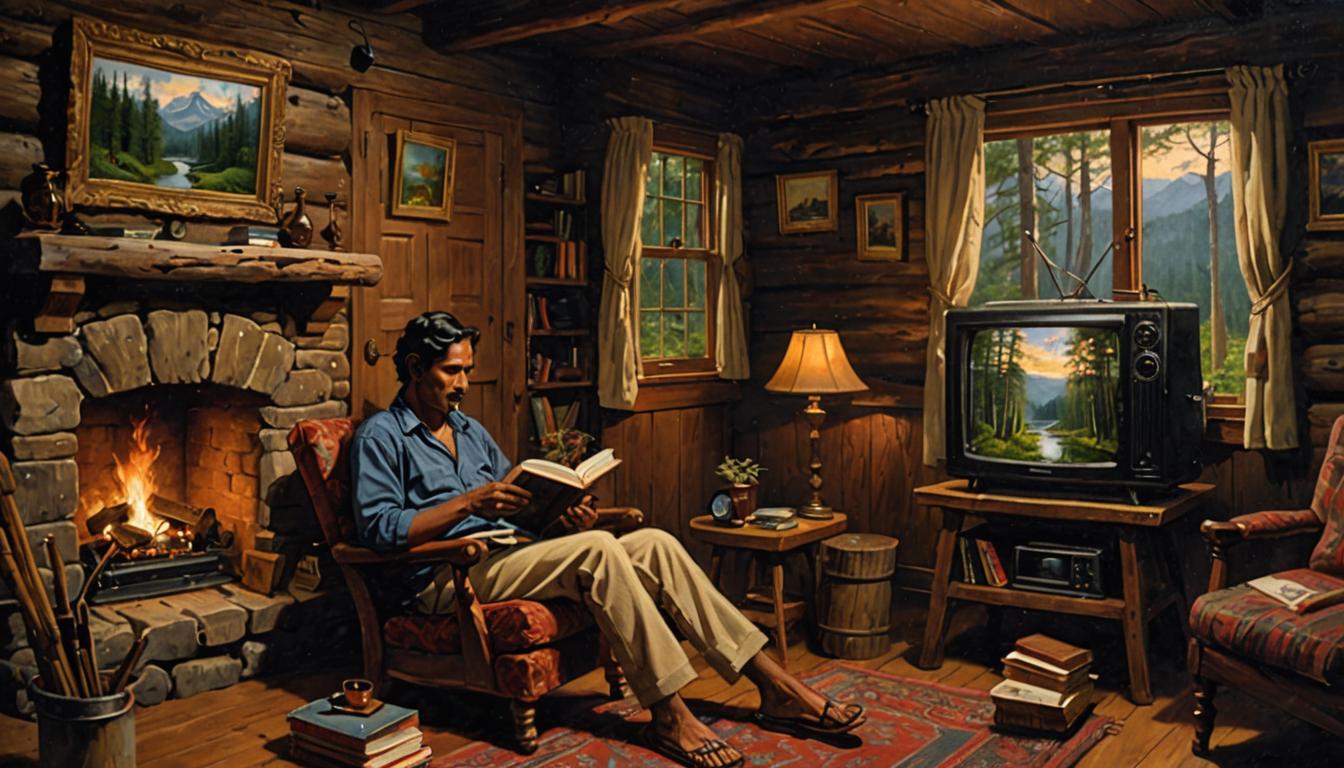Why not both?
What the printing press and radio were to text and voice, the internet and social media have been for communication in general. The expanded reach and democratization of the means to communicate with a large audience has meant that hitherto complex and time-intensive media such as videos have gained prominence in recent years. Social media platforms entirely or heavily devoted to video content (such as YouTube, Snapchat, Instagram) have proliferated over the past two decades. There is a great deal of discussion on whether video will become the default method to communicate with an audience.
As a corollary, the question arises: will video edge out text as the most effective form of communication?
I don’t think it’s an either/or situation. Text and video are effective at different applications because each has strengths that are well-suited to that application. Today we have the means to affordably generate and distribute content in various ways. The result is that text and video can compliment each other in a coordinated and cohesive communications campaign.
Text is king
With that said, however, I write white papers. So I have a vested interest in making you believe that text is still king. With this disclaimer out of the way, let’s examine where text excels.
Whenever I read a book, I tend to ponder over a lone sentence or paragraph that catches my attention. The medium allows one to ruminate on an idea and reflect on how it forms a part of the whole message. I suppose letting the reader set the pace at which content is consumed lends a certain calmness to the act of reading. Text is an excellent medium for inviting the reader to analyze and critique your work. And if your writings hold up to scrutiny, it will inspire the reader’s confidence in you.
No good book has ever left me not wondering how the author pieced together words so brilliantly to capture my imagination. Even becoming aware of the fact that words on paper can make me imagine fantastical things doesn’t necessarily break the spell. A writer can’t always account for how his writings will be interpreted by every reader. But good writers find a way to ‘wipe the slate clean’ and build atop that. Every word, simile, figure of speech, exclamation serves to conjure up a sequence of images in the reader’s mind that is at once guided and yet, personal to the reader. This shared imagination, between the writer and the reader, is special. Capture your reader’s imagination and have them imagine what you do. Give them a feeling of ownership over your vision. If you can do this, your idea will have captured a place in your reader’s heart.
While I’ve used the example of a book to illustrate the effectiveness of text, it doesn’t mean that other forms of the written word aren’t as effective. The ability to communicate your ideas in digital and physical forms without losing any of the inherent substance is something that can’t be matched by audio or video. That makes text a reliable, and flexible, form of reference. If your ideas are valuable enough to your readers, they will find it far easier to bookmark them in their written form than in alternative ones.
Being provocative can generate interest, but sustaining an audience requires being evocative. Do your ideas compel your readers to ponder their implications? Do they capture their imagination? Will your work serve as a reference in the future? The ones who respond to your writings in this way are your true audience. Seek them out.
But what about video?
You may be wondering why I haven’t yet made a direct comparison with video. I invite you to think about,
- Does video easily allow you to view it at your own pace?
- Does video ignite your imagination, or does it present someone else’s?
- Does video translate well to physical formats just as well as it does on digital or dedicated hardware? For example, can you ‘read’ a roll of film just as easily as watching its projection on-screen?
When choosing a medium to communicate with your audience, it’s important to envision how you would want them to react upon interacting with your message. Whether you want them to ponder your message or take an immediate action, the medium is an important part of the equation.
Reach out
I specialize in writing white papers. White papers are informative documents that describe a problem and the means to bring about change for the better. They are customized for specific audiences and are often persuasive in nature. If you are looking to articulate the message of your own organization or cause, I can help. Please contact me to learn more.

